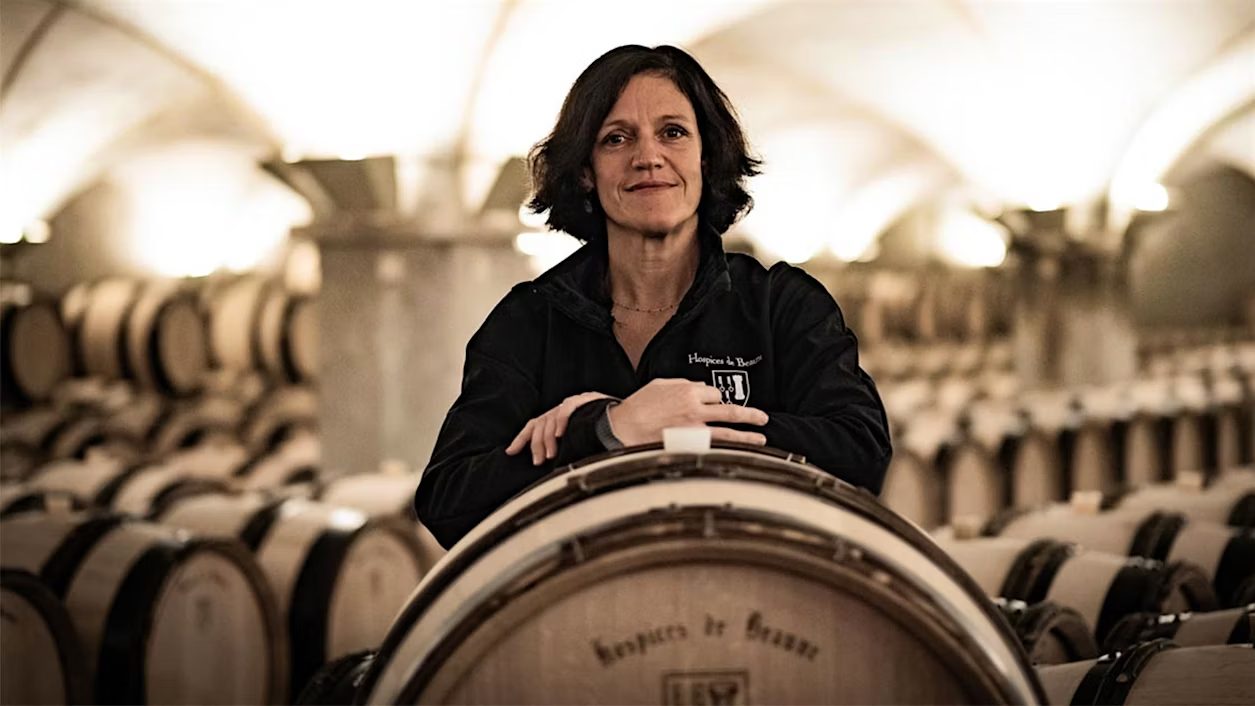Organic wine is defined as wine produced from grapes that have been cultivated without the use of synthetic pesticides, herbicides, or fertilizers. This traditional approach to viticulture emphasizes natural processes and aims to create a sustainable ecosystem within vineyards. Organic grape growing involves a commitment to ecological principles, which not only supports the health of the soil but also fosters biodiversity. Instead of relying on chemical interventions, organic viticulturists use methods such as crop rotation, cover cropping, and natural pest control to maintain vine health and crop yield.
The importance of biodiversity in vineyards cannot be overstated. By encouraging a diverse range of plants and microorganisms, organic farming creates a balanced environment. This balance contributes to the resilience of the vines against pests and diseases, ultimately leading to the production of higher-quality grapes. The absence of synthetic chemicals allows the true expression of the terroir—the unique characteristics imparted by the vineyard’s specific geography and climate—thus enhancing the overall flavor profile of the wine. Organic reds often exhibit a more authentic taste that reflects their growing environment, appealing to wine enthusiasts who appreciate complexity and depth in their beverages.
The certification process for organic wines is rigorous, as it ensures compliance with strict agricultural and processing standards. To achieve organic certification, vineyards must undergo a three-year transition period during which they implement organic farming practices. Once certified, producers can label their wines with the USDA Organic seal, which indicates that their products meet the established organic criteria. Consumers interested in purchasing organic wines should look for this certification on labels, as it serves as a guarantee of the wine’s organic status, allowing them to support environmentally sustainable farming practices while enjoying their favorite vintages.
The Growing Demand for Sustainable Practices in the Wine Industry
In recent years, there has been a remarkable shift in consumer behavior towards sustainable practices within the wine industry. Increasing awareness of environmental issues and the importance of health has prompted consumers to seek wines that align with their values. This trend has led to a noticeable rise in demand for organic and sustainably produced wines, reflecting consumers’ preferences for products that are not only good for them but also for the planet.
According to a recent market analysis, organic wine sales have surged by over 20% annually, indicating a growing recognition of the benefits associated with sustainable viticulture. This increase is largely driven by health-conscious consumers who are becoming more informed about the potential hazards of pesticides and additives commonly used in conventional winemaking. As a result, many consumers now prefer organic red wines that are produced without synthetic chemicals, seeing them as a healthier alternative.
Environmental awareness has also played a pivotal role in this transformation. Today’s consumers are concerned about climate change and its impact on agriculture. They are more likely to support wineries that implement sustainable farming practices, such as water conservation, biodiversity enhancement, and minimized carbon footprints. This growing preference for environmentally responsible products has encouraged wine producers to adapt their practices, thus promoting long-term sustainability in the industry.
Insights from wine producers reveal that embracing sustainable practices not only meets consumer demand but also yields tangible benefits. Producers report improved soil health, reduced input costs, and a loyal customer base that appreciates the integrity behind sustainable wines. As more wineries transition to organic production, the wine industry as a whole stands to benefit from enhanced reputation and market growth, positioning sustainability not just as a trend, but as an essential component of future success.
Notable Organic Red Wines and Producers
In recent years, the demand for organic red wines has surged, driven by consumer interest in sustainability and health. A selection of notable organic red wine producers have emerged globally, showcasing their commitment to environmentally friendly practices while producing exceptional wines. One prominent example is Domaine de la Vougeraie in Burgundy, France. This vineyard emphasizes biodynamic farming, utilizing natural compost and organic treatments to cultivate a variety of grapes, including Pinot Noir. Their wines, such as the Vougeraie Gevrey-Chambertin, exhibit a remarkable balance of vibrant acidity and rich fruit flavors, making them excellent companions for duck or lamb dishes.
Across the Atlantic, Frogtown Cellars in Georgia, USA, has emerged as a leader in organic viniculture. Frogtown is dedicated to growing varietals like Sangiovese and Merlot organically. Their Frogtown Sangiovese features bright cherry notes juxtaposed with earthy undertones, ideal for pairing with Italian cuisine, particularly tomato-based sauces. The production process at Frogtown highlights the importance of soil health and biodiversity, ensuring that every bottle reflects a unique terroir.
In Italy, Tenuta di Valgiano, located in Tuscany, is another exemplary producer dedicated to organic practices. Their commitment to sustainability results in wines that display terroir-driven characteristics. The Valgiano Rosso, a blend of Sangiovese and Syrah, introduces a complex flavor profile with hints of blackberry and spice, making it an excellent match for grilled meats.
These producers’ dedication to organic farming and sustainable practices not only reflects an increasing awareness of environmental impacts in the industry but also offers consumers wines that embody quality and authenticity. Exploring these organic red wines presents a unique opportunity to appreciate the fruits of eco-conscious viticulture, all while indulging in exceptional flavors and a rich history.
The Future of Wine: Trends and Innovations in Organic Production
The ongoing evolution of organic wine production is characterized by a range of trends and innovations that are set to redefine the industry in the coming years. As more consumers recognize the importance of sustainability, the demand for organic red wines is expected to rise significantly. This shift presents an opportunity for wineries to adopt innovative practices that address both environmental concerns and consumer preferences.
One major trend gaining traction within the organic wine sector is the application of precision viticulture. This method utilizes advanced technologies such as satellite imagery, drones, and soil sensors to gather data about vineyard conditions. By employing these technological advancements, winemakers can make informed decisions regarding irrigation, pest management, and nutrient application. This not only enhances yields but also minimizes the environmental impact of grape cultivation, aligning perfectly with the principles of organic production.
Furthermore, eco-friendly pest management practices are becoming increasingly popular among organic wine producers. Techniques such as integrated pest management (IPM) and the use of beneficial insects can significantly reduce chemical intervention, ensuring a healthier ecosystem within vineyards. These sustainable approaches highlight the commitment to environmental stewardship and attract conscientious consumers who prioritize organic and environmentally friendly products.
Climate change is another crucial factor impacting organic farming methodologies. Wineries are adapting to shifting climate patterns by selecting grape varieties that are better suited for warmer temperatures or unpredictable weather. Additionally, innovations in water conservation techniques and soil health management are becoming essential practices to foster sustainability in organic wine production.
As the market continues to evolve, it is anticipated that consumer habits will shift further towards organic offerings. Increased awareness of health benefits, environmental sustainability, and the origins of food and beverages will shape purchasing decisions. In the coming years, the integration of sustainability initiatives in the wine industry will not only influence production methods but also reshape the relationship between winemakers and consumers, ultimately heralding a new era for organic red wines.









Are these organic reds taste profiles impacted by sustainable practices?
Is organic wine really better, or just a trendy marketing gimmick?
Organic reds, the new norm? What about the cost factor folks?
Is the taste of organic reds really different, or is it just marketing?
Are these organic reds also showing up in box wine formats?
Is the taste of organic reds really different or just a placebo effect?
Is the taste of organic reds notably different, or just a marketing gimmick?